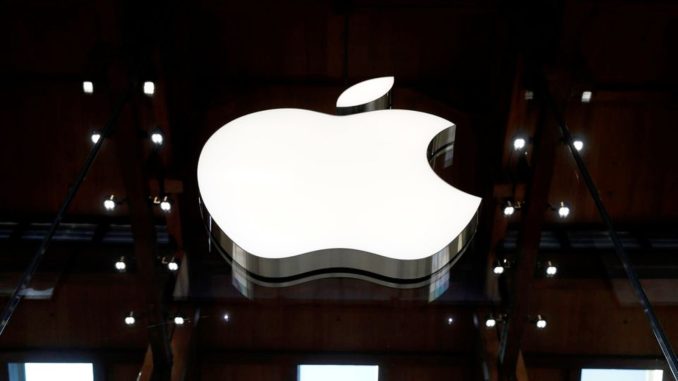

Apple became the world’s first $3 trillion company for a brief time on Monday, surpassing the combined worth of companies like Morgan Stanley, Netflix, Walt Disney, Goldman Sachs, Ford, Walmart, and Boeing. And to give you a better idea, that market cap was more than India’s gross domestic product (GDP) reported by the World Bank in 2020.
The rise in the share value of Apple happened at around 12.15 am IST on Tuesday (1.45 pm ET in the US) when the stock hit $182.86 per share. Multiply that with 16.4 billion outstanding shares in Apple and you get the world’s first company that touched the $3 trillion mark. But shortly after hitting the mark, Apple’s market cap dipped below it and did not rise again until the market closed, which is needed otherwise for a company to gain the title of the world’s first publicly-traded company with a $3 trillion valuation.
Apple’s huge success – although momentary – can be attributed to the success of the iPhone, which has been the company’s star product, as well as cash cow, ever since its inception. Other products, such as the Mac, iPad, and software services, have, too, contributed significantly over recent years.
In the post-Covid era, Apple has come out mostly as a strong brand. That meant that it did not have to face many difficulties, at least as many as its rivals had to face. But there still were some challenges that Apple CEO Tim Cook warned against. The biggest challenge was the disruption in supply chains, which pushed back the launch of the iPhone last year, while this year’s troubles led to the untimely fulfillment of stocks of the iPhone 13.
“We are optimistic about the future, especially as we see strong demand for new products,” Cook told analysts back then.
Cook has been the driving force behind every milestone Apple has achieved after Steve Jobs. Three years ago, Apple became the world’s first company with a market cap of $1 trillion, while two years ago, that cap rose to $2 trillion. But Apple’s touchdown as a $3 trillion company is a perfect example of how a company, led by innovations, can turn around from near bankruptcy in 1997.
Apple has focused on mass-market products, such as the iPhone, iPod, iPad, AirPods, and now AirTags. And not just the hardware, Apple’s services, such as Apple Music, iCloud, and Apple Arcade, allow users to access music, games, and more in the easiest way possible. But because Apple requires the user to subscribe to access these services, its services business grew rapidly. At one point in time, Apple realised it had to stop counting on just the sales of the hardware, but factor in services, too.
[“source=indiatoday”]
